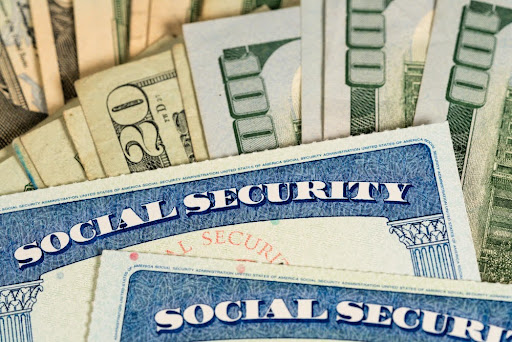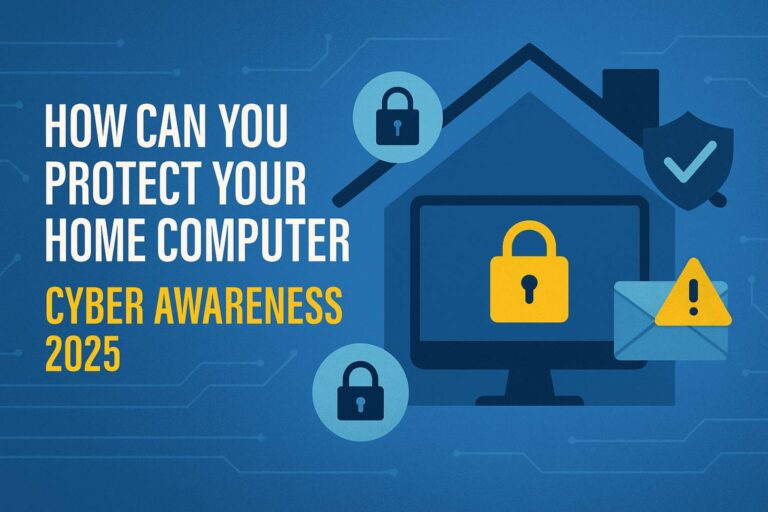In the age of oversharing, password fatigue, and sketchy Wi-Fi connections, there’s one nightmare no one wants to wake up to: finding out your Social Security number (SSN) is floating around on the dark web like a free sample.
If you’ve just received an alert that your SSN is hanging out in the digital underworld, don’t panic—but definitely don’t ignore it. That’s the kind of thing cybercriminals dream of. But fear not! You’ve got options, action steps, and yes, even a plan.
Let’s break it down, step-by-step, sass intact.
What Does It Mean If Your Social Security Number Is on the Dark Web?
Let’s keep it real: the dark web is the shady corner of the internet where bad guys trade in stolen data, and your SSN is basically a VIP pass to all kinds of fraud.
If your SSN is on the dark web, it means someone, somewhere, has:
- Stolen it
- Leaked it
- Or is selling it like hotcakes
This info can be used for:
- Opening fake credit cards or loans
- Filing fraudulent tax returns
- Committing identity theft
- Applying for government benefits
Yep. Yikes. But don’t worry—we’re about to turn you into an identity security ninja.
What to Do If Your Social Security Number Is on the Dark Web
1. Freeze Your Credit (Immediately!)
A credit freeze is your first line of defense. It stops anyone—including you—from opening new lines of credit under your name.
Where to do it:
- Experian
- Equifax
- TransUnion
Don’t worry, it’s free—and you can unfreeze it when needed.
2. Set Up Fraud Alerts on Your Credit Reports
Fraud alerts make businesses verify your identity before issuing credit.
Pro Tip: Request it from any one of the three bureaus—it automatically alerts the others.
3. Monitor Your Credit Like a Hawk

Now’s not the time to be passive. Sign up for credit monitoring services that alert you to suspicious activity.
Best options:
- Credit Karma (free and user-friendly)
- Experian CreditWorks
- IdentityForce or LifeLock for more in-depth protection
4. Check Your Credit Reports
Thanks to the Fair Credit Reporting Act, you’re entitled to one free report from each bureau annually.
Visit: AnnualCreditReport.com
Go through everything with a fine-tooth comb. Dispute anything shady.
5. File a Report with the FTC
If you suspect your identity has been stolen, file a complaint with the Federal Trade Commission.
Visit: IdentityTheft.gov
They’ll guide you through a personal recovery plan. Plus, it creates a paper trail—always handy.
6. Get an Identity Theft Affidavit
If someone has already used your SSN fraudulently, you may need an affidavit to show banks, lenders, or the IRS.
This helps you say: “That wasn’t me, fam.”
7. Consider a New SSN (No, Really)
In extreme cases—say, your number has been repeatedly abused—you can apply for a new SSN through the Social Security Administration.
But spoiler alert: it’s not easy, and it’s not guaranteed.
8. Notify the IRS
Tax identity theft is one of the more common types. That’s when someone files a fake return to steal your refund.
Action plan:
- Call the IRS Identity Protection Specialized Unit: 1-800-908-4490
- Fill out Form 14039 (Identity Theft Affidavit)
9. Stay Scam-Savvy
Once your info is on the dark web, scammers might follow up with phishing emails, fake bank calls, or even robocalls pretending to be the IRS.
If someone calls and demands your SSN, a payment, or a kidney? Hang up. Legit institutions don’t ask for sensitive info over the phone.
10. Change All Your Passwords

We’re talking everything: email, banking apps, online shopping accounts, Netflix—you name it. Use long, unique passwords with a password manager like LastPass or Bitwarden.
Bonus: Enable 2FA (Two-Factor Authentication) everywhere you can.
Tools to Keep You Safe Going Forward
Here’s a roundup of tools every American adult should consider if your SSN has been compromised:
| Tool | What It Does | Why It’s Useful |
| Credit Freeze | Blocks new credit | Stops fraud before it starts |
| Credit Monitoring | Tracks credit changes | Immediate fraud detection |
| Identity Theft Insurance | Covers losses | Peace of mind (if you’re paying) |
| Password Manager | Stores complex passwords | Prevents reuse & easy hacks |
| 2FA | Adds security layer | Makes login harder for hackers |
Is There an App for That? Oh, You Bet.
For those who live on their phones (so… everyone), check out:
- Experian App – Track your credit score and get alerts
- Aura – All-in-one identity protection
- LifeLock – Big name, solid features
What NOT to Do If Your SSN Is on the Dark Web
- Don’t ignore it and hope it goes away
- Don’t post about it on social media (hackers do read Twitter)
- Don’t give out your SSN unless absolutely necessary
- Don’t reuse passwords (seriously, stop it)
Final Thoughts: Lock It Down, Don’t Break Down
If your SSN ends up on the dark web, it’s not the end of the world—but it is the start of your new cyber-vigilante era. You’re not powerless. You’ve got tools, steps, and resources. What matters is that you act fast, stay smart, and protect your identity like it’s your Venmo balance on rent day.
This isn’t just about fixing one breach—it’s about futureproofing your digital life. So go full FBI on your data, monitor everything, and treat your identity like the VIP it is.
Because in this digital world, your Social Security number is basically your street cred. Don’t let some random hacker steal your spotlight.












